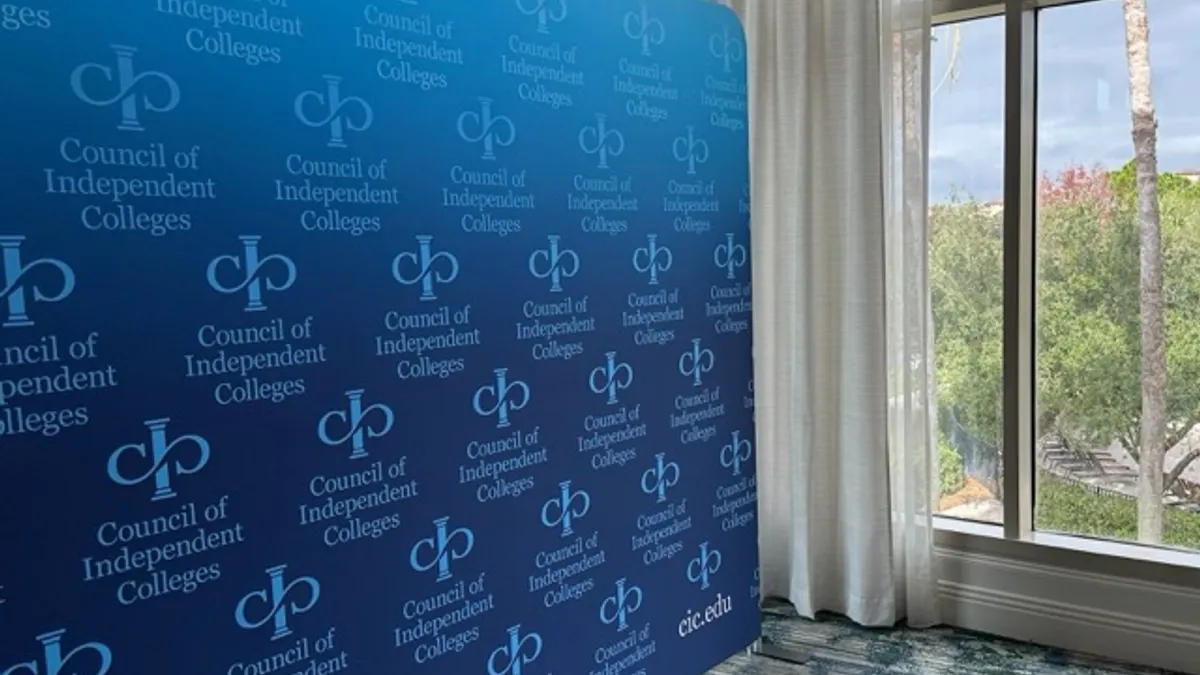Dive Brief:
- Universities risk reputational damage from poor-quality courses delivered via online platforms, according to a University of Oxford academic.
- Massive open online course providers, such as Coursera, edX, and Udacity, need to do a better job of screening potential courses for quality, regardless of the reputation of the universities behind them, says Sally Mapstone, pro vice-chancellor of education at Oxford.
- Universities should evaluate their online courses with the same scrutiny they apply to their traditional courses and monitor the quality of how their MOOCs are offered through third-party providers, Mapstone says.
Dive Insight:
Mapstone makes her recommendations in an interview with Times Higher Education and in a recently released paper, Online Learning at Research-Intensive Universities, through the League of European Research Universities. She says the list of MOOC failures that led to reputational damage include a Georgia Institute of Technology course on the fundamentals of online education, offered through Coursera, suspended in 2013 because of technical problems. Another Coursera course, on machine learning, was criticized in a Brown University report for its poor-quality videos of a professor recorded from a laptop camera, along with conventional PowerPoint slides for the course. Universities need to develop an overall digital strategy that MOOCs are incorporated into, along with online delivery of learning materials for on-campus courses, collaboration with other institutions or commercial partners, and an evaluation of potential reputational advantages and risks.












